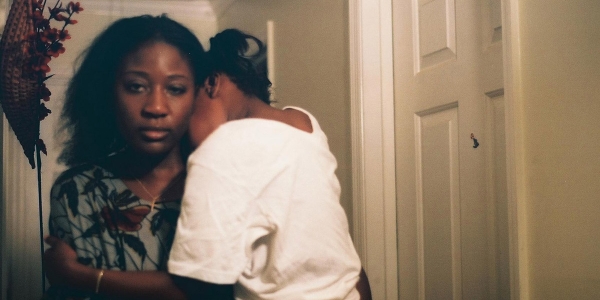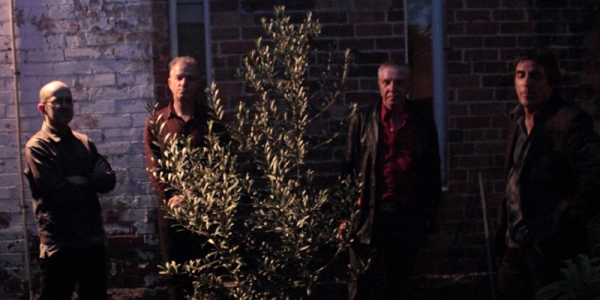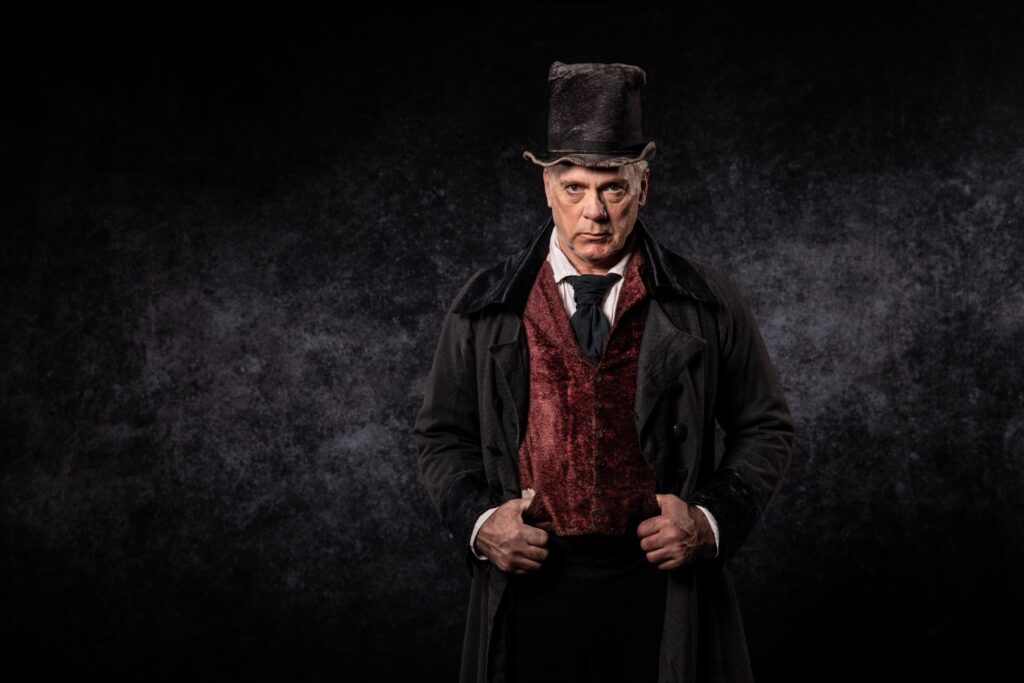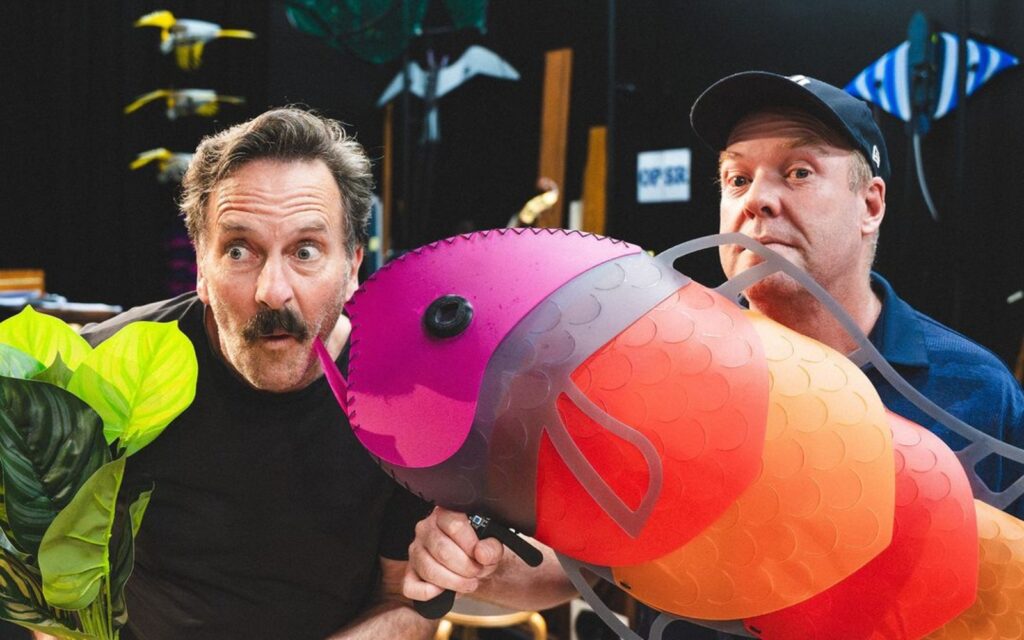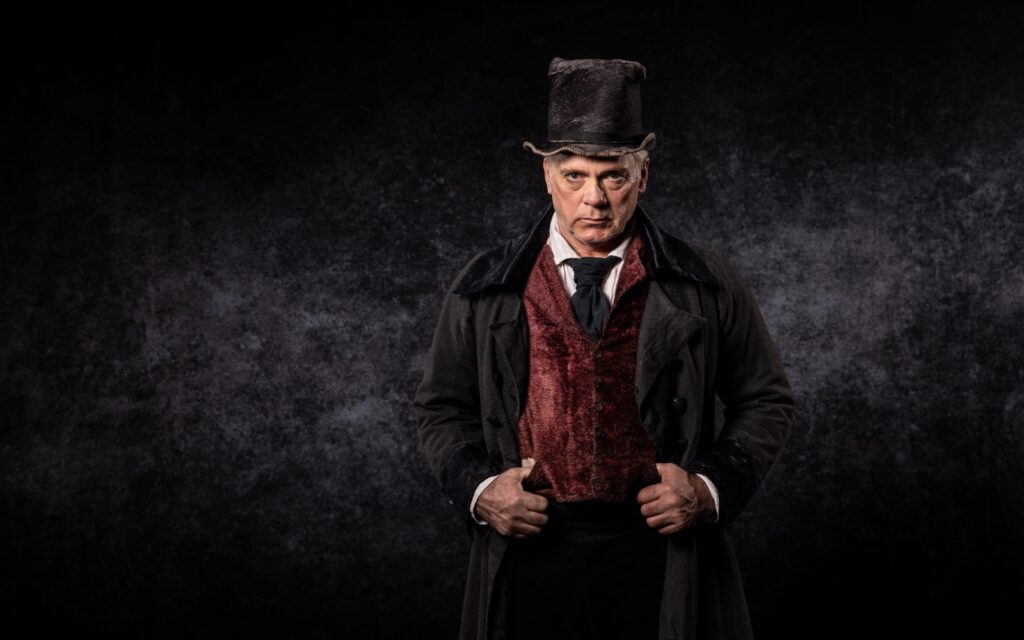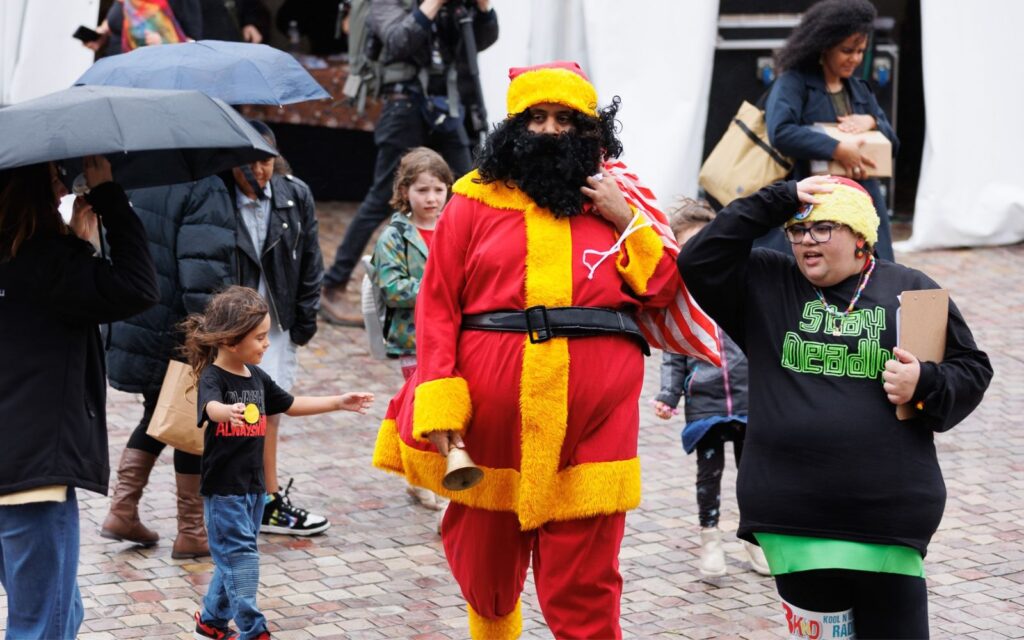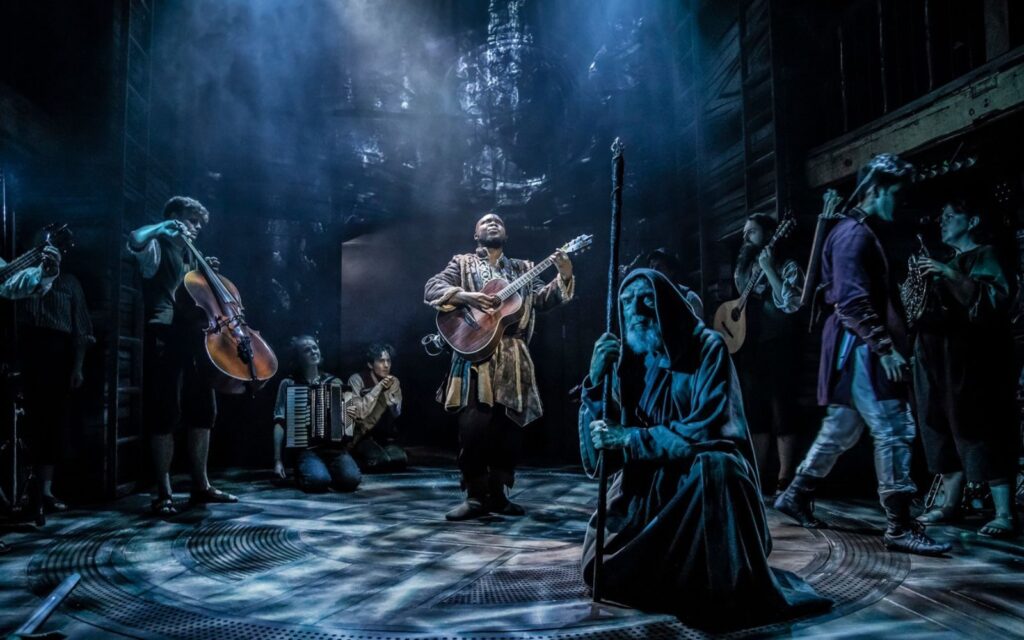Is it exciting to be showcasing African films that Australians might not otherwise be able to see?
Exciting doesn’t even come close to describing how it feels to bring African films to Australian audiences! It is an honour to support African films and to contribute to a more diverse cultural scene in Australia, that allows Australian audiences to learn a bit more about the African continent.
Would you be able to give us a little background on African cinema for those that are unaware? I know that the Nigerian industry is thriving…
There is a misconception that African cinema is relatively ‘new’ or has only existed since the 1990s. However, African cinema has been alive and kicking for the better part since the 1960s. Incidentally this aligns with numerous African states gaining independence. To understand how colonialism has affected African cinema, Africans in various nations were outright banned from making their own films. When you consider film making as a political tool, this creative expression would have given Africans the opportunity to undoubtedly attack and question their colonial rulers. Thus you can understand why African cinema has a relatively shorter history than the rest of the world.
Was there a particular focus for your choice of films to screen? The only focus in selecting the films to screen was that they showed various interpretations of what it means to be African; films that reinforce that Africa is a continent of over one billion people, and that it is not a country. These films, which offer slices of African experience, rather than presenting vague grandiose narratives of the continent as a whole, manage to challenge, question and decode stereotypical assumptions about the continent, its people and the African Diaspora.
There’s a night for African short films as well – what can we expect there? The African shorts session supports upcoming and emerging filmmakers from a number of countries including Australia, Uganda, Sierra Leone and the USA. These shorts dissect a variety of issues from posttraumatic stress experienced by soldiers and civilians, to the alive and kicking music industry in Sierra Leone, to a moving experimental animation bringing to light a tragic incident in Uganda.
Tell us a little about the role of music in African cinema? It would be hard to think about Africa without thinking immediately about its music. African music has played a huge and impressive role in influencing global musical styles. Music in African cinema has been used as a point of discussion whereby audiences can debate issues such as colonialism, development, activism, corruption, love, tragedy and more. Films such as the classic Fela Kuti documentary Music is the Weapon paved the way for more recent documentaries such as Democracy in Dakar, which we are screening in Sydney and Melbourne. Democracy in Dakar is an exploration of the role of conscious hip hop in educating Senegalese citizens about political issues, policies and using music as a way to question politicians and demand accountability.
The Festival’s opening film, Restless City, is set in New York and has already received a lot of acclaim from Sundance Film Festival. It seems that the issues of immigration, passion, and essentially just trying to get by, and make it – are themes that will hold direct relevance to Australian audiences. Was it chosen partly for that reason?
There is no way to describe Restless Cityother than visually stunning, but on a deeper level, it was chosen to remind or maybe educate audiences that regardless of the challenges that immigration brings, at the end of the day issues such as romance, relationship breakdowns and struggling to fit into a new society are shared experiences.
BY JUSTIN WOLFERS
The African Film Festival takes place at Red Bennies from Wednesday April 11 – Sunday April 15. For more information visit africanfilmfestival.com.au
